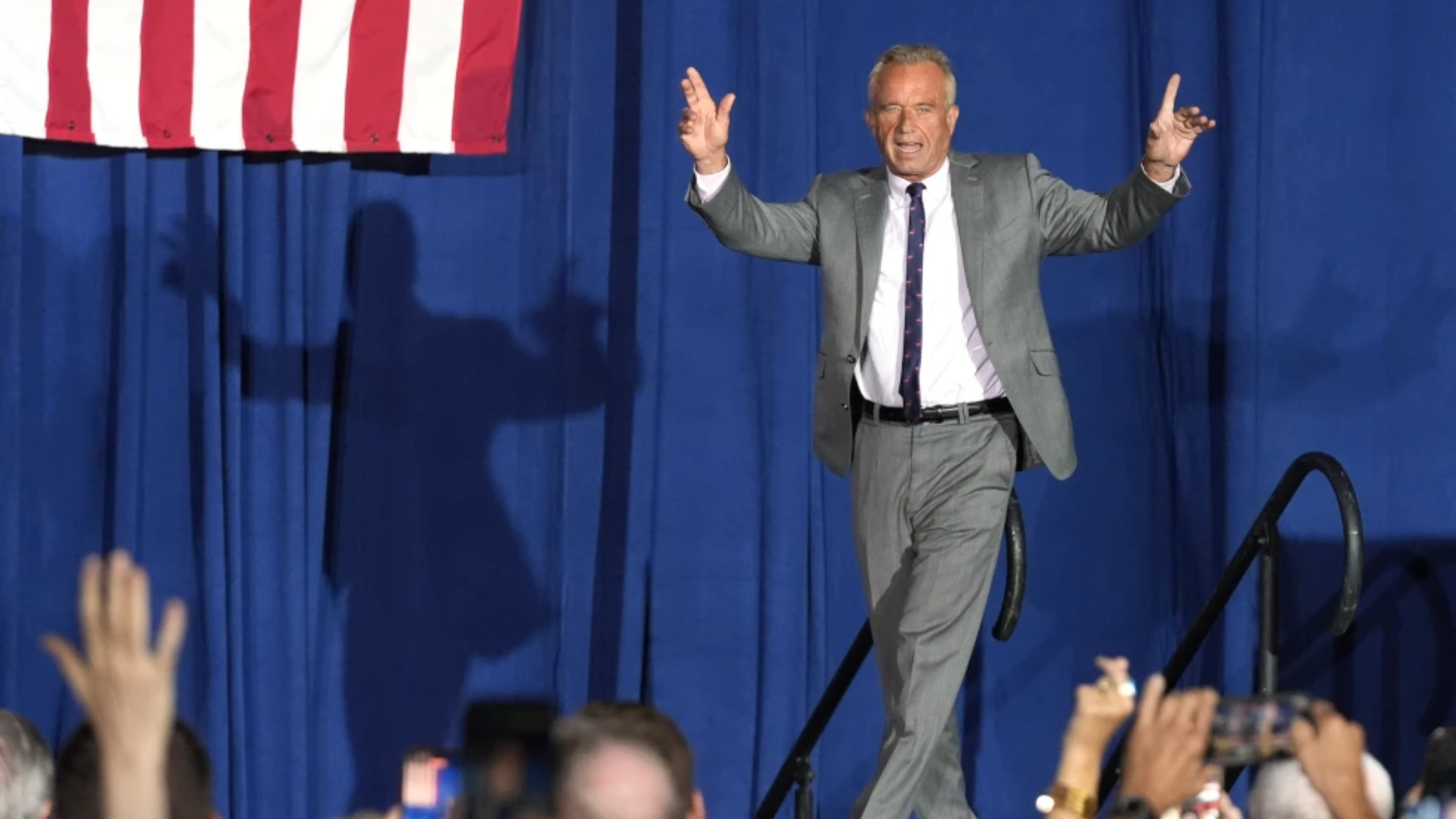WASHINGTON (AP) — The State of the Union just isn't what it used to be.
Sure, the pageantry and theatrics of the annual presidential address will all be there. The stem-winder of a speech from President Barack Obama. The standing ovations from his supporters, and strategic smirks and scowls from his opponents. The wall-to-wall media coverage and cable news countdown clocks.
But viewership is falling, with 20 million fewer people watching last year's State of the Union compared to Bill Clinton's address at the same point in his presidency. Congress rarely follows through on the policy proposals the president unveils. And this year, the battle lines between Obama and the new Republican-led Congress will have already been set before the president arrives on Capitol Hill for the annual address to a joint session of Congress and a television audience of millions.
The dwindling impact of the big speech has sent the White House searching for new ways to break through. It's now thinking of the State of the Union as an "organizing principle" rather than a single, communal event.
So instead of waiting until Tuesday night's address to announce new initiatives, Obama has spent the past two weeks unveiling them in a series of speeches around the country and social media posts. The White House is aiming to get people who don't tune in to the 9 p.m. EST address to catch up with at least parts of it later. And the president's first big post-speech interview will go not to a big newspaper or TV network but to YouTube, in hopes of capturing the attention of some of those less likely to have watched the actual speech.
"The environment is so cluttered that if you don't spread out your initiatives and unveil them in channels where people already are, like Facebook or Upworthy, then they're just going to get lost in the discussion," said Dan Pfeiffer, Obama's senior adviser. The impact of the speech isn't diminishing, he says, "but the nature of the experience is different."
Kathleen Hall Jamieson, director of the Annenberg Public Policy Center at the University of Pennsylvania, says the days of the eloquent speech are past.
"Eloquence requires an audience capable of sitting still and thinking and appreciating," she said. In the current environment, she adds, "we don't have any time to think about the significance of the speech or to meditate on it. There's no reflective time."
For all of the White House's determination to capitalize on that changing media culture rather than fight it, Obama's voice will be part of a cacophony. That dilutes the value of his considerable strengths as an orator, and makes it harder for him to commandeer the spotlight from competing forces.
Even the Republican response, once a single speech following the president's, has morphed into a multipronged rebuttal from politicians in different wings of the party.
"There's just too much confusing noise for the president to get a clear channel in the way that he once did," says speechwriter Jeff Shesol, who once helped write State of the Union addresses for Clinton.
Polls stretching back to Jimmy Carter's presidency show that State of the Union addresses have little effect on how Americans view the president, according to Gallup.
Presidents can still command a big audience when there's major news afoot — more than 56 million people tuned in on May 1, 2011, for Obama's last-minute speech at 11:35 p.m. announcing the death of Osama bin Laden, compared to 33 million for Obama's last State of the Union — but even clever media strategies can only do so much to boost interest in a lame-duck president when everyone knows his proposals aren't likely to go far in a Republican-controlled Congress.
Indeed, the flurry of proposals the White House has rolled out in advance of next week's address have largely been retreads of congressional legislation the president has already called for or relatively small-bore executive actions. One new legislative proposal — a call for making community college tuition free for some students — was immediately panned by Republicans.
The new political landscape in Washington following the GOP victories in November's midterm elections adds one element of intrigue to Obama's address. For the first time in his presidency, Obama will be standing before a Congress controlled by the opposing party.
But the contours of the relationship between the White House and Republican leadership will have been largely defined by the time the president speaks to the nation. Both sides have already outlined the few areas where they see the potential for compromise, including trade and tax reform, and the White House has already threatened to veto several bills the Republicans have prioritized, including approving construction of the Keystone XL oil pipeline and changes to Obama's signature health care law.
Still, for those Americans who want to turn on their television Tuesday night to watch the State of the Union, the White House is promising at least a few surprises.
"We have some cards up our sleeve," Pfeiffer said.
Copyright 2015 The Associated Press. All Rights Reserved. This material may not be published, broadcast, rewritten, or redistributed. (AP Photo/Charles Dharapak, File)





















